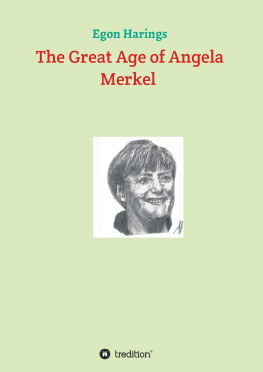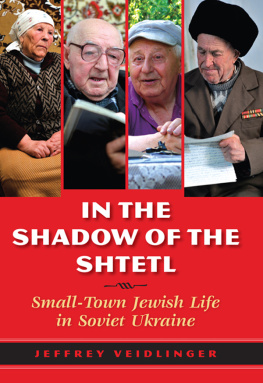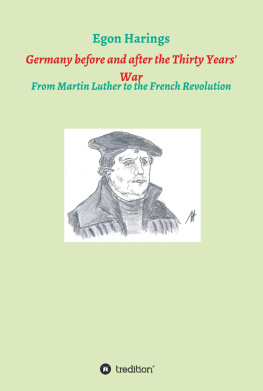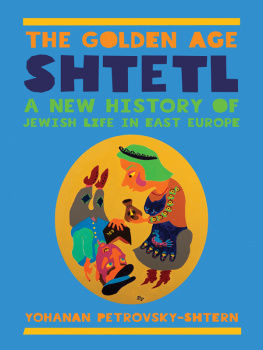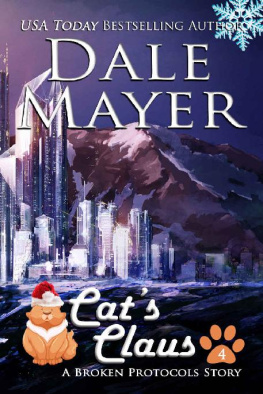Egon Mayer - From Suburb to Shtetl
Here you can read online Egon Mayer - From Suburb to Shtetl full text of the book (entire story) in english for free. Download pdf and epub, get meaning, cover and reviews about this ebook. year: 2010, publisher: Routledge, genre: Religion. Description of the work, (preface) as well as reviews are available. Best literature library LitArk.com created for fans of good reading and offers a wide selection of genres:
Romance novel
Science fiction
Adventure
Detective
Science
History
Home and family
Prose
Art
Politics
Computer
Non-fiction
Religion
Business
Children
Humor
Choose a favorite category and find really read worthwhile books. Enjoy immersion in the world of imagination, feel the emotions of the characters or learn something new for yourself, make an fascinating discovery.

- Book:From Suburb to Shtetl
- Author:
- Publisher:Routledge
- Genre:
- Year:2010
- Rating:5 / 5
- Favourites:Add to favourites
- Your mark:
- 100
- 1
- 2
- 3
- 4
- 5
From Suburb to Shtetl: summary, description and annotation
We offer to read an annotation, description, summary or preface (depends on what the author of the book "From Suburb to Shtetl" wrote himself). If you haven't found the necessary information about the book — write in the comments, we will try to find it.
From Suburb to Shtetl — read online for free the complete book (whole text) full work
Below is the text of the book, divided by pages. System saving the place of the last page read, allows you to conveniently read the book "From Suburb to Shtetl" online for free, without having to search again every time where you left off. Put a bookmark, and you can go to the page where you finished reading at any time.
Font size:
Interval:
Bookmark:

Suburb
Shtetl
Suburb
Shtetl

2 Park Square, Milton Park, Abingdon, Oxon OX14 4RN
711 Third Avenue, New York, NY 10017, USA
Product or corporate names may be trademarks or registered trademarks, and are used only for identification and explanation without intent to infringe.
From suburb to shtetl : the Jews of Boro Park / Egon Mayer.
p. cm.
Originally published: Philadelphia : Temple University Press, 1979.
Includes bibliographical references and index.
ISBN 978-1-4128-1328-0
1. Jews--New York (State)--New YorkSocial conditions. 2. Borough Park (New York, N.Y)--Social conditions. 3. Brooklyn (New York, N.Y.)--Social conditions. 4. Orthodox Judaism--New York (State)--New York. 5. Community life--New York (State)--New York. 6. Civic leaders--New York (State)--New York. 7. New York (N.Y.)--Social conditions. I. Title.
F129.B7M29 2010
305.892407471--dc22
2009050633
with a prayer that her world be as rich
as the one described in these pages
Font size:
Interval:
Bookmark:
Similar books «From Suburb to Shtetl»
Look at similar books to From Suburb to Shtetl. We have selected literature similar in name and meaning in the hope of providing readers with more options to find new, interesting, not yet read works.
Discussion, reviews of the book From Suburb to Shtetl and just readers' own opinions. Leave your comments, write what you think about the work, its meaning or the main characters. Specify what exactly you liked and what you didn't like, and why you think so.

